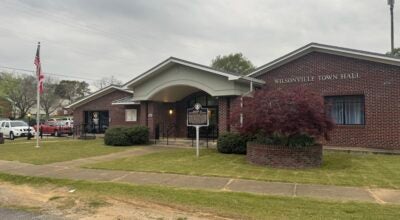Investing in education
Published 2:48 pm Tuesday, February 24, 2009
This is a tough year for public education in the state of Alabama.
Shortfalls in the Education Trust Fund have already resulted in funding decreases of nearly 20 percent from the 2007-2008 academic year if one combines the effect of budget decreases and proration.
Even if our newly created “rainy day fund” can ameliorate those decreases to some extent, we will need to replenish that fund in future years.
Over the course of the past six months, I have been asked by a number of public officials to describe exactly what hardships will occur at the University of Montevallo if yet another round of cuts is planned for the 2009-2010 academic year.
This request reminds me of a lecture I once heard from a professor who was discussing the role of public health in the United States over the past century.
He noted that government could immediately save money by cutting its investment in preventive health — for example, by stopping all restaurant inspections and lowering clean drinking water standards. He said a government could get away with this approach for a number of months — maybe even a year or two. But eventually the jurisdiction would find itself spending far more money than it thought it was saving.
He called this phenomenon a “false economy,” and the lesson of “false economies” can be applied to education.
One of the saddest consequences of the cuts in education funding is that they are occurring at the very moment when we should be investing more heavily in the future of our young people. Just as our economy faces greater competition from other countries, we cannot afford to choose this moment to reduce our investment in education.
I understand those who are afraid to increase public spending. It is a mistake, however, to confuse the concepts of “spending” and “investing.” When we invest in the future success of our young people, the money comes back to us with interest.
My message here is admittedly nave. I have no ready solution for the decline in the level of our Education Trust Fund. I wonder, though … Are we so wedded to this system of funding education that we are willing to sacrifice our society’s future success?
If you don’t believe this will affect you personally, remember: these students are the workers of tomorrow whose productivity will determine the quality and stability of our retirement systems.









